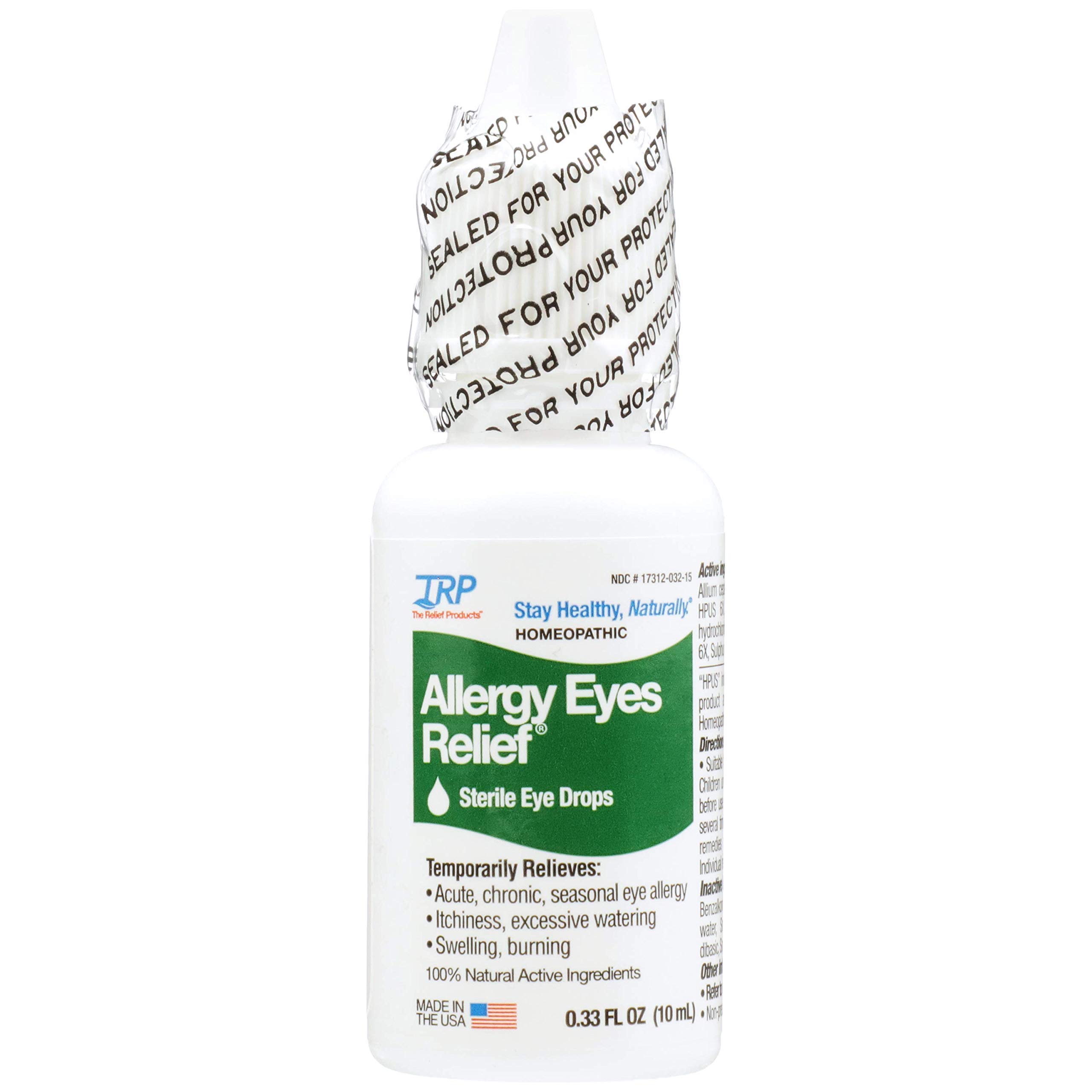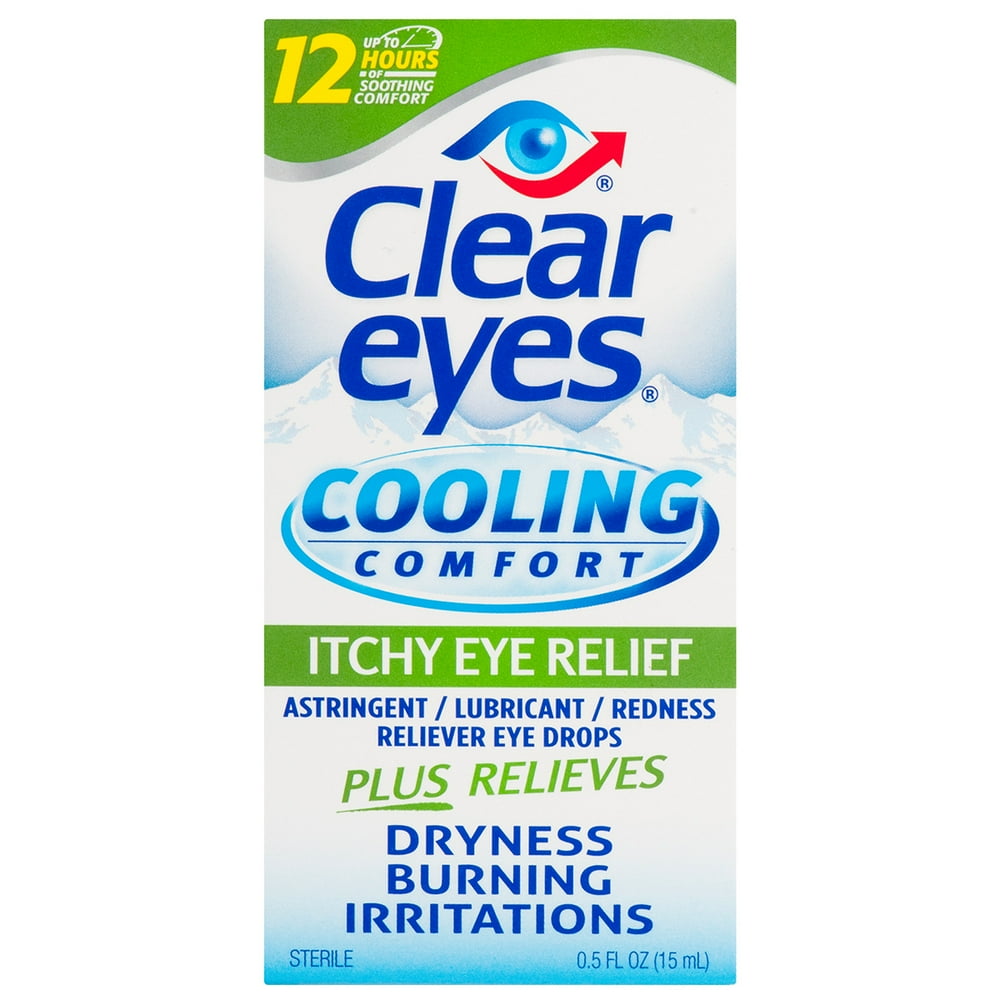
Flash Burn: The Pain and the Ouch!
Ouch! That was close! I almost got myself a nasty flash burn when I was fixing my camera’s flash settings. As I was testing the flash, I accidentally looked directly at the bright light. For a moment, I felt a sharp pain and was left with a throbbing sensation in my eyes. It was an unpleasant experience that made me realize the importance of protecting our eyes from the harmful effects of bright light.
Flash burn, also known as photokeratitis, is a painful eye condition that occurs when the cornea, the clear outer layer of the eye, is damaged by ultraviolet (UV) light. UV light can come from natural sources like the sun or artificial sources like flashlights, tanning beds, and welding torches. When UV light hits the cornea, it can cause inflammation, swelling, and damage to the cells that make up the cornea. This can lead to symptoms such as pain, redness, tearing, and blurred vision.
Flash Burn: Symptoms and Treatment
Flash burn symptoms typically develop within a few hours after exposure to bright light and can last for several days or even weeks. The severity of symptoms depends on the intensity and duration of exposure to UV light. Mild flash burns may only cause mild discomfort and redness, while severe burns can cause intense pain, swelling, and blisters on the cornea.
Treatment for flash burn typically involves pain relievers, eye drops, and antibiotics to prevent infection. In severe cases, surgery may be necessary to repair the damaged cornea. The best way to prevent flash burn is to protect your eyes from UV light by wearing sunglasses that block 100% of UV rays when outdoors and using caution when working with bright lights or lasers.
The Science Behind Flash Burn
UV light is a high-energy form of radiation that can penetrate the cornea and damage the cells that make up the cornea. These cells are responsible for protecting the eye from infection and for maintaining the cornea’s clarity. When UV light hits the cornea, it can cause the cells to release inflammatory chemicals that lead to swelling, pain, and redness.
The cornea is especially vulnerable to UV light damage because it is avascular, meaning it does not have any blood vessels. This means that the cornea cannot repair itself as quickly as other tissues in the body. As a result, UV light damage to the cornea can be more severe and long-lasting.
Flash Burn: Prevention and Treatment
The best way to prevent flash burn is to protect your eyes from UV light. This can be done by wearing sunglasses that block 100% of UV rays when outdoors. It is also important to use caution when working with bright lights or lasers. If you do experience flash burn, it is important to seek medical attention as soon as possible to prevent further damage.
Treatment for flash burn typically involves pain relievers, eye drops, and antibiotics to prevent infection. In severe cases, surgery may be necessary to repair the damaged cornea. Recovery from flash burn can take several days or even weeks, depending on the severity of the burn.
Tips and Expert Advice for Preventing Flash Burn
Here are some tips and expert advice for preventing flash burn:
- Wear sunglasses that block 100% of UV rays when outdoors.
- Use caution when working with bright lights or lasers.
- If you experience flash burn, seek medical attention as soon as possible.
By following these tips, you can help prevent flash burn and protect your eyes from the harmful effects of UV light.
Frequently Asked Questions About Flash Burn
Q: What causes flash burn?
A: Flash burn is caused by exposure to ultraviolet (UV) light, which can come from natural sources like the sun or artificial sources like flashlights, tanning beds, and welding torches.
Q: What are the symptoms of flash burn?
A: Symptoms of flash burn can include pain, redness, tearing, blurred vision, and swelling.
Q: How is flash burn treated?
A: Treatment for flash burn typically involves pain relievers, eye drops, and antibiotics to prevent infection. In severe cases, surgery may be necessary to repair the damaged cornea.
Q: How can I prevent flash burn?
A: The best way to prevent flash burn is to protect your eyes from UV light. This can be done by wearing sunglasses that block 100% of UV rays when outdoors and using caution when working with bright lights or lasers.
Q: What should I do if I experience flash burn?
A: If you experience flash burn, it is important to seek medical attention as soon as possible to prevent further damage.
Conclusion
Flash burn is a painful eye condition that can be caused by exposure to bright light. UV light can come from natural sources like the sun or artificial sources like flashlights, tanning beds, and welding torches. The best way to prevent flash burn is to protect your eyes from UV light by wearing sunglasses that block 100% of UV rays when outdoors and using caution when working with bright lights or lasers.
If you experience flash burn, it is important to seek medical attention as soon as possible to prevent further damage. Treatment for flash burn typically involves pain relievers, eye drops, and antibiotics to prevent infection. In severe cases, surgery may be necessary to repair the damaged cornea.
Are you interested in learning more about flash burn? Let us know in the comments below, and we’ll be happy to provide you with additional information.
:max_bytes(150000):strip_icc()/d5f33fc1-f6b3-43fa-b883-9901c81b6beb_1.b7feb29659d4f5ba814931bc1b75b4e0-e67498956ed940cca262d8bde4fe7784.jpg)
Source Image: thetantalist.com

Source Image: thetantalist.com

Source Image: thetantalist.com
Appreciate for your zeal for understanding demonstrated in reading. Best Over The Counter Eye Drops For Flash Burn, offers valuable knowledge to enrich your insight.